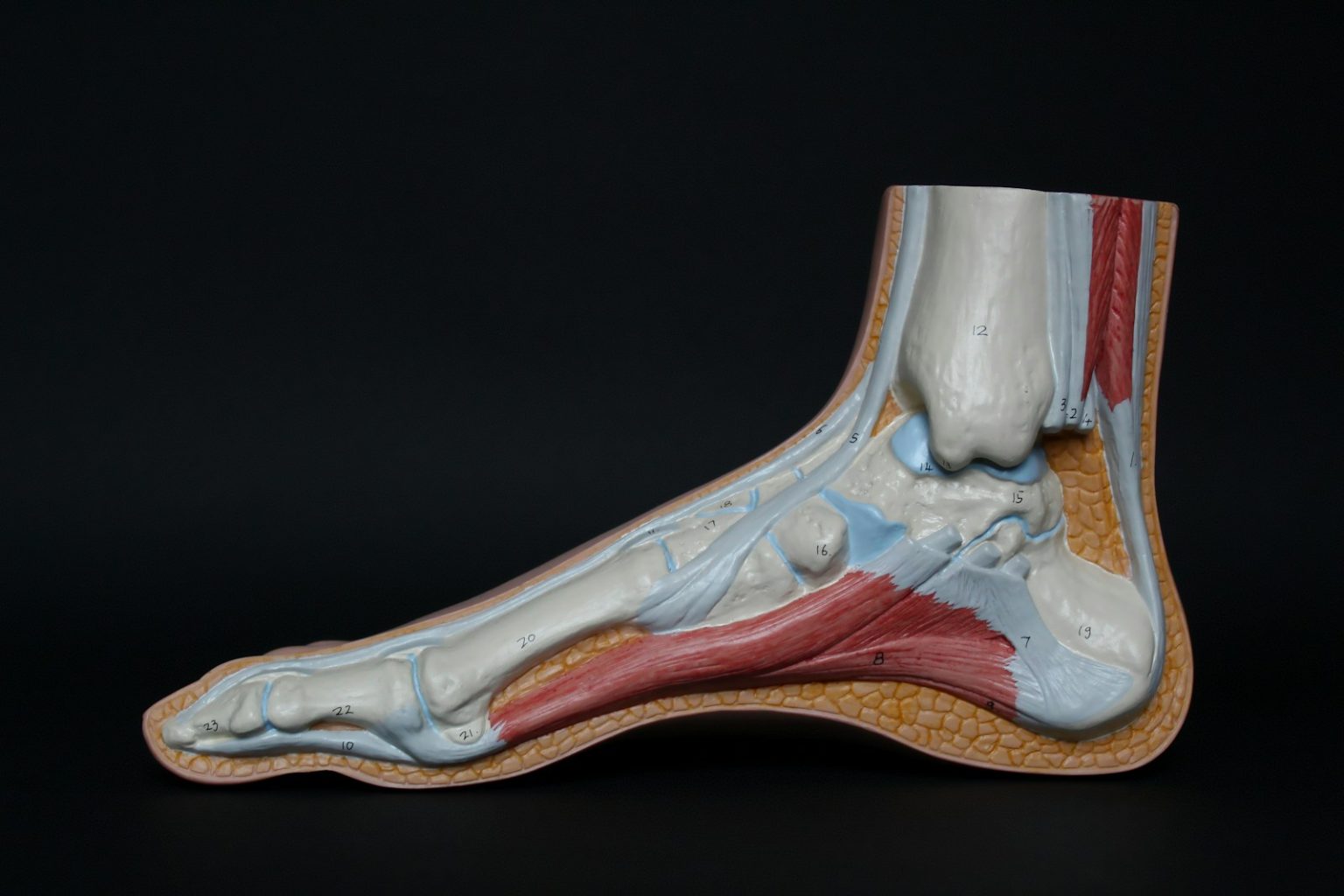Endo, Inc. has unveiled new clinical data on collagenase clostridium histolyticum (CCH) for treating plantar fibromatosis at the American Orthopaedic Foot & Ankle Society’s (AOFAS) annual scientific meeting, which is being held through September 14, 2024.
The Phase 2 clinical trial, presented orally at the conference, examined the efficacy of CCH in patients with plantar fibromatosis, also known as Ledderhose disease. The study, a double-blind, randomised, placebo-controlled trial, aimed to evaluate CCH’s impact compared to a placebo in alleviating the condition’s symptoms.
Dr. James P. Tursi, Executive Vice President of Global Research & Development at Endo, emphasised the significance of these findings: “Our clinical programmes for plantar fibromatosis and plantar fasciitis are crucial to our future musculoskeletal pipeline. We are excited to share these important results with the medical community.”
The study’s results indicated a favourable trend in CCH treatment effects over placebo, particularly in reducing pain associated with plantar fibromatosis. This was measured using the Foot Function Index Total Pain subscale score. Additionally, CCH showed nominally significant improvements compared to placebo in several areas, including investigator assessment of condition improvement, nodular hardness, and nodule consistency.
The safety profile of CCH observed in this study was consistent with its known profile from previous research. Most adverse events reported were local, classified as mild to moderate, and no serious treatment-related adverse events were reported.
Currently, CCH is not approved for treating plantar fibromatosis. Endo is advancing to the pivotal Phase 3 clinical trials and is actively enrolling patients for this next stage of research.
Plantar fibromatosis, or Ledderhose disease, is a condition characterised by the development of painful nodules along the plantar fascia, the tissue supporting the arch of the foot. The disorder, which currently lacks a cure, is managed through various treatments including custom insoles, topical applications, pain medications, radiation therapy, steroid injections, and potentially surgery for nodule removal.
The presentation at AOFAS underscores Endo’s commitment to advancing treatment options for this challenging condition and reflects ongoing efforts to improve patient outcomes in musculoskeletal health.



